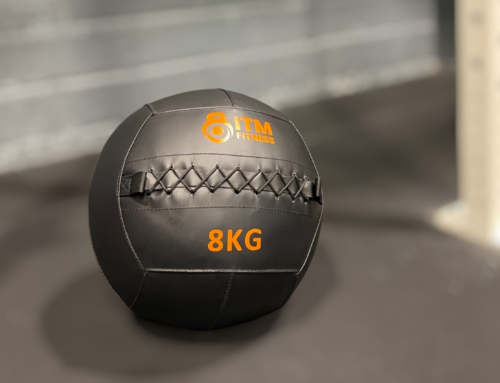What should we be eating?
We have all heard the recent weather forecasts where they are talking about 6 weeks of snow. Working out in cold weather can be a challenge, but with the right tips, you can make the most of your workout routine, regardless of the temperature outside.

Here are some of the best die tips for working out in cold weather:
- Layer properly: The key to staying warm during a cold weather workout is to layer your clothing properly. Start with a moisture-wicking base layer, add a warm middle layer, and finish with a windproof and waterproof outer layer.
- Stay hydrated: Just because it’s cold outside doesn’t mean you don’t need to drink water. In fact, you may need to drink more water in cold weather to prevent dehydration.
- Warm up properly: Cold weather can make your muscles stiff and increase your risk of injury. Make sure you warm up properly before starting your workout, and take the time to stretch your muscles.
- Protect your extremities: Your hands, feet, and head are particularly vulnerable to the cold. Make sure you wear gloves, a hat, and warm socks to keep your extremities warm during your workout.
- Choose the right workout: When it’s cold outside, it’s important to choose a workout that will keep you moving and generate heat. Consider running or cycling, or try an indoor workout like yoga or Pilates.

By following these tips, you can stay safe and comfortable while working out in cold weather. Remember to listen to your body and adjust your workout as needed to avoid injury or overexertion.
Dangers of not eating correctly in Cold Weather
Eating correctly during winter months is crucial, as the body needs extra energy to keep warm and fight off illnesses. Not eating properly during cold weather can have several negative effects on the body.
Firstly, not consuming enough calories can cause the body’s metabolism to slow down, making it harder to stay warm and leading to a drop in body temperature. This can cause hypothermia, a condition where the body’s core temperature drops dangerously low.
Secondly, not getting enough essential nutrients can weaken the immune system, making it harder for the body to fight off colds, flu, and other illnesses. This can lead to an increased risk of getting sick, which is especially concerning during the winter months when illnesses are more prevalent.
Lastly, not drinking enough fluids can lead to dehydration, which can cause a variety of health problems, including headaches, dizziness, and fatigue. It’s important to drink plenty of water, even if you don’t feel thirsty.
In conclusion, it’s crucial to eat a well-balanced diet during the colder months to keep the body warm, boost the immune system, and prevent dehydration.
 Irish Owned
Irish Owned





Leave A Comment